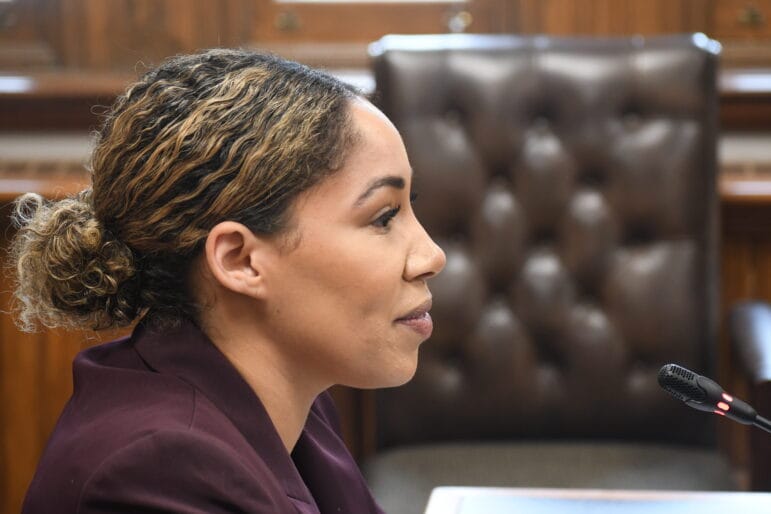Can inclusionary zoning principles increase affordable housing?
On Tuesday, the New Hampshire Senate Committee on Election Law and Municipal Affairs heard testimony on SB 224, a bill that modifies criteria for the adoption of housing opportunity zones by a municipality and expands the definition of inclusionary zoning for affordable housing.

CONCORD, N.H. – On Tuesday, the New Hampshire Senate Committee on Election Law and Municipal Affairs heard testimony on SB 224, a bill that modifies criteria for the adoption of housing opportunity zones by a municipality and expands the definition of inclusionary zoning for affordable housing.
State Senator Rebecca Perkins-Kwoka (D-Portsmouth) introduced the bill, noting that it was based on initiatives to increase affordable housing in Portsmouth and Amherst.
If passed, the bill would change state law to let municipalities require developers to make parts of their proposals consist of affordable housing within these certain zones, also raising the threshold of affordable housing to be anything at or under 100 percent of the area median income according to the U.S. Department of Housing and Urban Development.
Perkins-Kwoka acknowledged that onerous requirements could dissuade developers building new housing completely, adding provisions that expanded the period of tax relief for developers from 10 to 25 years and reduces the number of required percentage of affordable housing from 33 to 20 percent.
Municipalities would also not be allowed to include language in inclusionary housing ordinances that reduce the economic viability of developments, and would require developers to utilize 79-E fund as well as allow local planning boards to provide waivers for certain cases.
Perkins-Kwoka said additional amendments may be needed to change language to further increase the median income threshold to 125 percent.
Portsmouth Deputy Mayor Joanna Kelly said the city has legislative principles that support and incentivize affordable housing and blocks new policies that would be a deterrent to affordable housing. She added that 344 more affordable housing units could have been brought online in the past seven if the provisions of this law had been in place.
“We are looking for state support to have legislation so we can create policies that make the seacoast and the state more accessible to residents and to keep people here,” she said.
Jessica Margeson, a Manchester resident, said that providing municipalities the opportunity to create local ordinances with this law would help increase affordable housing stock, using the example of a development on Auburn Street that received 79-E funds but did not include any affordable housing in its design.
State Senator James Gray (R-Rochester) expressed concern with the ambiguity of the definition of area median income, noting that may be different in different parts of the state but this bill appeared to be a one-size-fits-all approach.
New Hampshire Association of Realtors President Bob Quinn said that his organization is neutral on the bill overall, and even supportive of the provisions regarding median income and percentages of required affordable units in a development. However, he did express concerns over the ability of municipalities to require affordable housing within certain areas of municipalities, saying it was better for developers and municipalities to collaborate toward building more housing. Quinn said he hoped to work with Perkins-Kwoka during her efforts in amending the bill.




